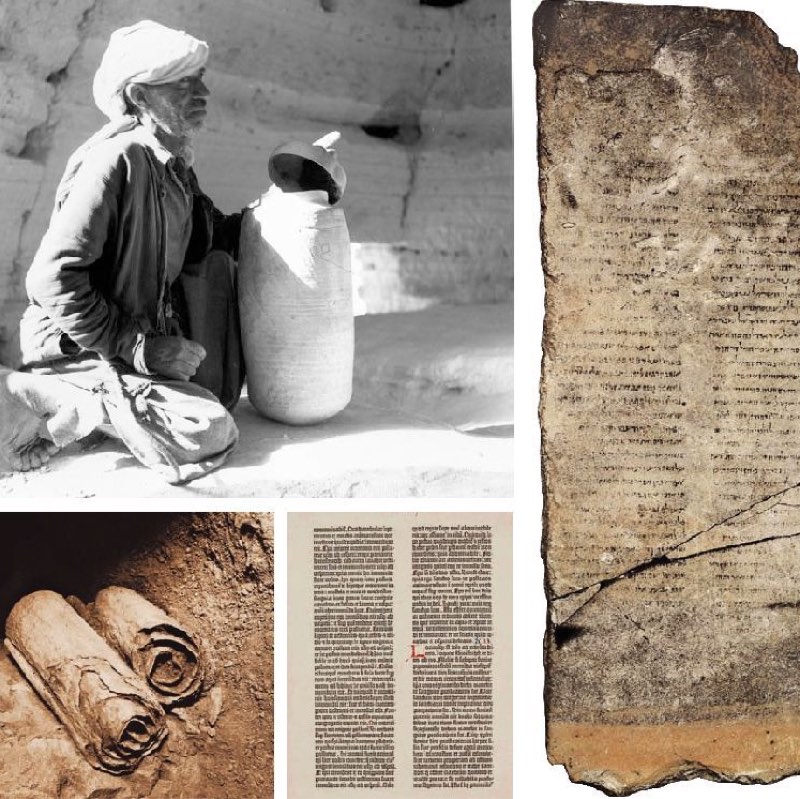The contrasting views on Jesus' messiahship in Christianity and Islam
Jews rejected Jesus as their messiah, while Christians and Muslims accepted him. The difference between Christianity and Islam concerning Jesus' messiahship is that Islam does not believe Jesus was a Davidic messiah, as Christianity does. The Quran traces Jesus' lineage back to Aaron and the Levite lineage, rather than David and Judah. How is this argument articulated?
The differences in the views of Jesus' messiahship between Judaism, Christianity, and Islam are rooted in the religious texts and theological interpretations of each faith tradition.
In Judaism, the concept of the Messiah (Mashiach in Hebrew) is traditionally understood as a future Jewish king from the Davidic line who will be anointed and will rule the Jewish people during the Messianic Age.
The Jewish expectation is that the Messiah will fulfill the prophecies of the Hebrew Bible, rebuild the Holy Temple in Jerusalem, gather the Jews back to the Land of Israel, and usher in an era of peace and understanding.
Since Jesus did not fulfill these expectations during his lifetime, and because Jews do not accept the New Testament as scripture, the majority of Jews do not accept Jesus as their Messiah.
Christianity, on the other hand, emerged from Judaism but took a different interpretation of the Messiah. Christians believe that Jesus is the promised Messiah and the Son of God. They believe that he fulfilled Old Testament prophecies through his teachings, miracles, death, and resurrection.
The concept of Jesus as the Davidic Messiah is central to Christian theology, emphasizing his lineage from King David as foretold by the prophets, such as in the book of Isaiah and the Psalms.
The New Testament, particularly in the gospels of Matthew and Luke, provides genealogies that trace Jesus' ancestry back to David, aligning with the Jewish expectation of a Davidic Messiah.
Islam respects Jesus as a prophet and the Messiah but has a different understanding of his role and nature. In Islam, Jesus is considered one of the greatest prophets, born to the Virgin Mary without a father, performing miracles, and delivering a message of monotheism.
However, Islam rejects the concept of the divinity of Jesus and does not see him as the Son of God or part of a divine trinity, as Christianity does.
The Quran does not provide a detailed genealogy for Jesus. Although it recognizes his extraordinary birth and his role as the Messiah, it does not establish a lineage connecting him to David and Judah.
Instead, Jesus is often linked with Mary, who is herself described as being from the line of Imran (the father of Moses and Aaron) in the Quran.
This association might lead to the belief that Jesus is traced back to Aaron and the Levite lineage in Islamic tradition. However, Islamic scholars usually do not emphasize Jesus' ancestry in the same way Christian scholars do with the Davidic lineage, focusing instead on his prophethood and message.
The notion that the Quran traces Jesus' lineage to Aaron rather than David might be a result of the Quranic emphasis on Mary and her connection to the family of Imran.
It's important to note that the Quran speaks highly of Jesus and Mary, but the focus is on their piety and their roles in God's plan rather than on establishing a royal messianic lineage as is emphasized in Christianity.


